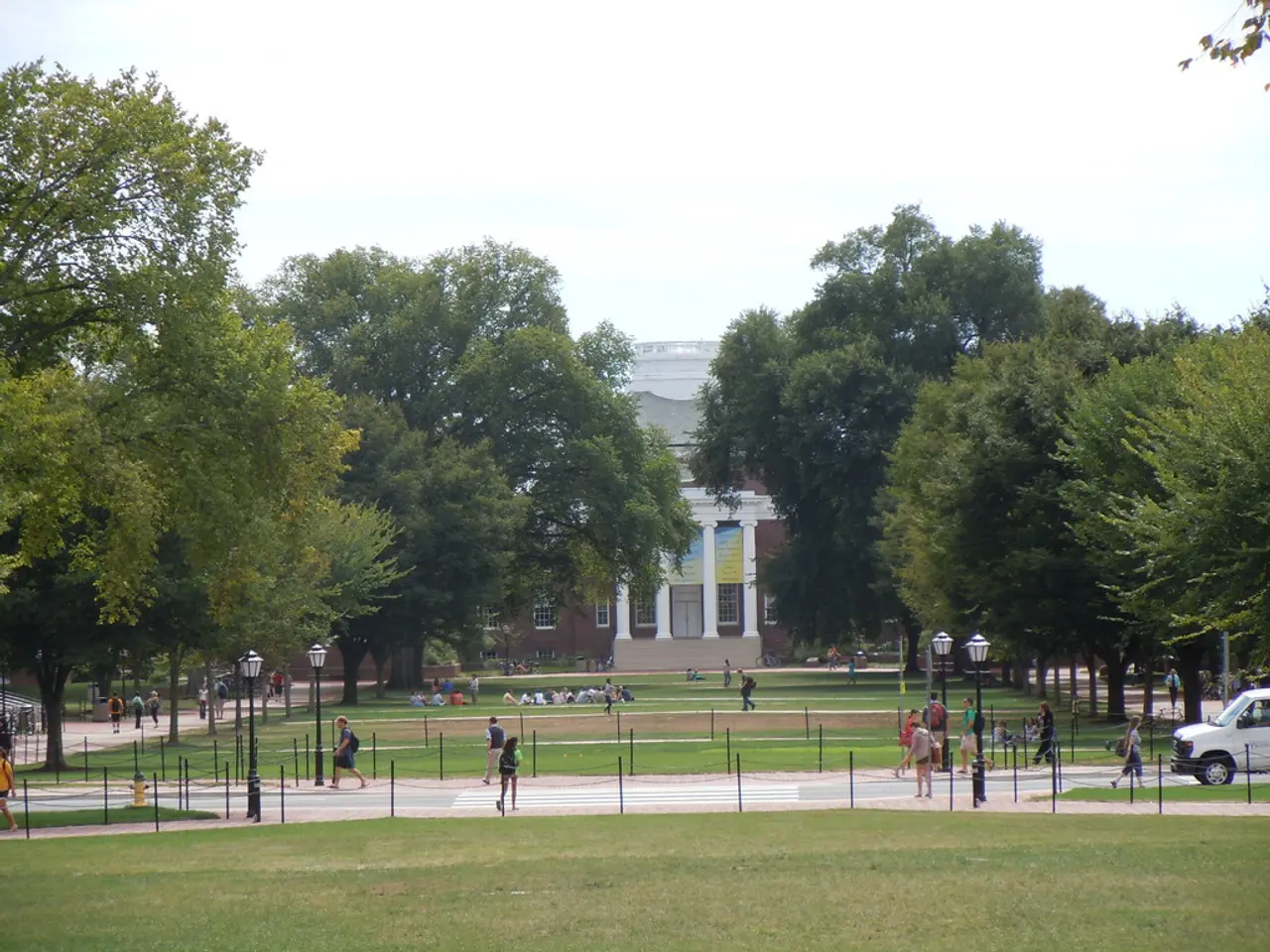The IB Program: A Worldwide Test of Academic Rigor - An Examination Against Other High School Curricula
For many students and academic evaluators, the IB Diploma Programme is considered the most rigorous and balanced high school programme in the world. This programme, accepted by over 5,000 universities in more than 150 countries, offers a comprehensive liberal arts education that stands apart for its intellectual breadth, structured assessments, and worldwide recognition.
The IB Diploma Programme is a high school programme with six subjects, core components, and international recognition. These six subjects include Language & Literature, Language Acquisition, Individuals & Societies, Sciences, Mathematics, and The Arts or another subject from groups 1-5. Three of the six subjects must be taken at Higher Level (HL), which requires in-depth mastery and extended content.
The IB Diploma Programme demands academic, personal, and intellectual discipline, blending traditional subjects with independent inquiry and global thinking. It is best suited for students who can manage long-term deadlines, engage in critical writing, and balance multiple academic areas.
In comparison to A-levels, the IB Diploma Programme offers a broader curriculum and a continuous workload. A-levels allow deeper specialization but don't require the same interdisciplinary engagement or core projects as the IB Diploma Programme.
Assessments in the IB Diploma Programme include both externally marked exams and internal assessments like research reports, presentations, and lab work. This holistic approach to assessment evaluates students' work over time rather than relying solely on final exams.
Universities often grant advanced standing, credit, or course exemption to students who have completed the IB Diploma Programme. They often value IB applicants highly due to the program's rigor and alignment with first-year university skills. The IB Diploma Programme is seen as an indicator of academic maturity and global readiness.
The core components of the IB Diploma Programme - Theory of Knowledge (TOK), Extended Essay (EE), and Creativity, Activity, and Service (CAS) - develop critical thinking, research, and non-academic skills. These components are unique to the IB Diploma Programme and set it apart from other high school curricula.
In summary, the IB Diploma Programme excels in breadth and holistic assessment, while A-levels focus more on depth and subject-specific rigor. If you're considering university abroad, value long-term skill development, or want a challenge that prepares you for life, the IB is worth the commitment. The IB Diploma Programme typically involves 30-40 hours of academic effort per week over two years. It is considered more rigorous than AP by many.
The IB Diploma Programme, built on a comprehensive liberal arts education, fosters learning, personal growth, and education-and-self-development through six subjects, core components, and international recognition. This rigorous high school programme demands a balance of academic, personal, and intellectual discipline, emphasizing both interdisciplinary engagement and global thinking.




